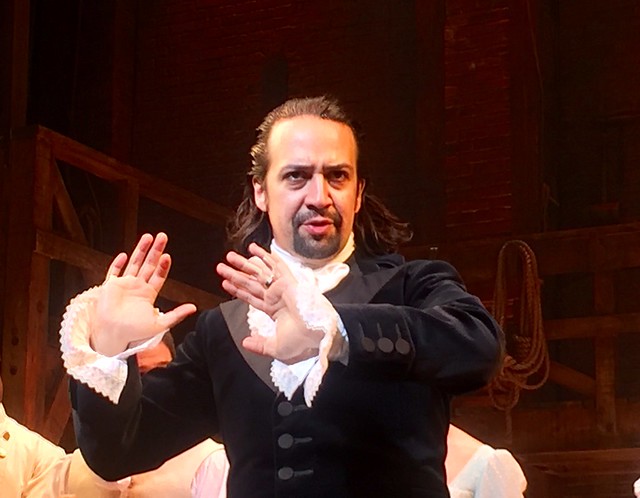I tell stories for a living. But while those like me who tell stories for a living are the lucky (if generally underpaid) few, all of us live through and by stories. When we determine which incidents in our lives are most relevant to who we are today, when we develop opinions about each day’s news, when we choose which political platforms we support,when we focus on how we are like other people or how we are different, we are telling stories. When we choose hope or despair, action or complacency, isolation or community, we are telling stories about ourselves and the world.
All day, two stories have been struggling in my mind for primacy.
There’s the story out of Orlando, where a gunman killed 50 people at a gay nightclub. While much remains to be uncovered and understood about his motives, it appears that the gunman was affiliated with Islamic extremism and targeted a club full of people who have been cast out, misunderstood, silenced, and victimized in our culture—gay people, people with brown skin, immigrants. This story says so much about our country’s worst legacies, of prejudice, intolerance, and violence as first resort.
There’s the story out of New York City, where last night the 70th Tony Awards recognized excellence in theater. The Tony for Best Musical (and for 10 other categories) went to Hamilton. The most successful Broadway show in recent memory features actors of black and Latino heritage portraying America’s founding parents. It focuses on a time in our history when many of those founders (if not Burr and Hamilton themselves) owned black- and brown-skinned people as slaves, and does all of this through the medium of hip hop—a genre and subculture developed by black- and brown-skinned people. This story says so much about our country’s best legacies, of diversity and opportunity, of marginalized communities claiming a voice and a place, of defying expectations, of questioning and dismantling the status quo. Hamilton is redemptive storytelling; it reclaims and renews our history for all Americans by telling old stories in new ways.
The Orlando story tempts me toward anger, cynicism, and despair. The Hamilton story calls me toward hope, possibility, and progress. I fight to believe the better story.
Hamilton’s writer and one of its stars, Lin-Manuel Miranda, aware of how these two stories are battling for primacy in so many American hearts, chose to tell the better story in his Tony acceptance speech for Best Score. He read a sonnet, honoring his wife Vanessa and the character Eliza Hamilton:
My wife’s the reason anything gets done.
She nudges me towards promise by degrees.
She is a perfect symphony of one.
Our son is her most beautiful reprise.
We chase the melodies that seem to find us
Until they’re finished songs and start to play.
When senseless acts of tragedy remind us
That nothing here is promised, not one day
This show is proof that history remembers.
We live through times when hate and fear seem stronger.
We rise and fall, and light from dying embers
Remembrances that hope and love last longer.
And love is love is love is love is love is love is love is love;
Cannot be killed or swept aside.
I sing Vanessa’s symphony; Eliza tells her story.
Now fill the world with music, love, and pride.
We can choose to harness history’s power—the power of the stories we tell—to claim hope and love as things that last, as the things that matter. We can choose to tell the better stories. And if we are fighting to make space for the better stories amid the bad news, if we are too sad or too angry to tell the stories ourselves, we listen to those who tell them for us.












